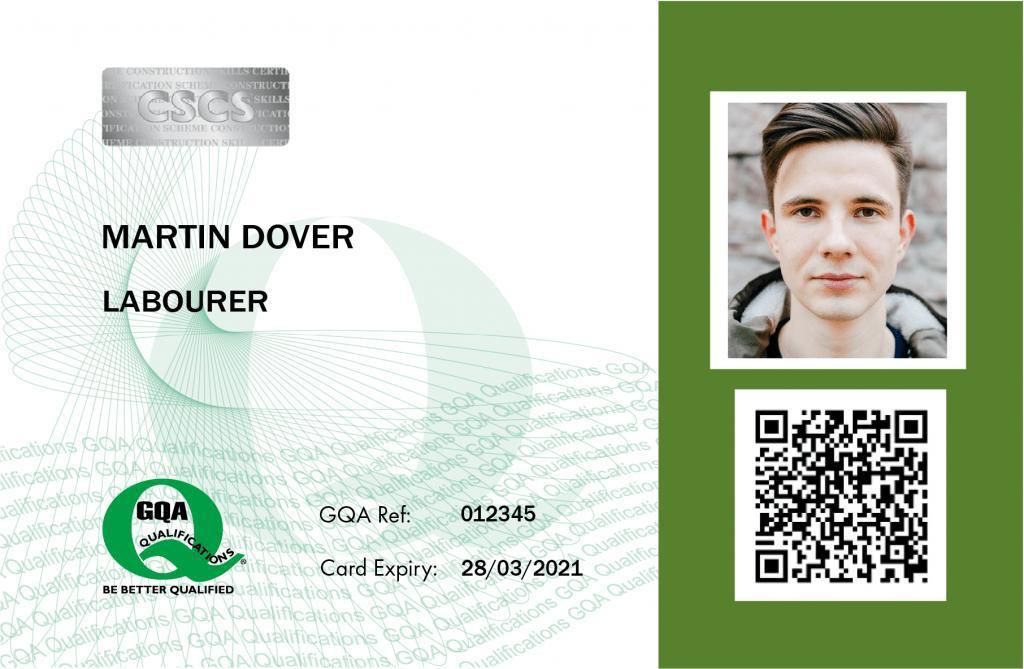
The Art of Emotional Intelligence
Course ID: 2508254501244EGI
Course Dates : 25/08/25 Course Duration : 5 Studying Day/s Course Location: Istanbul, Turkey
Language: Bilingual
Course Category: Professional and CPD Training Programs
Course Subcategories: Operations and Process Excellence
Course Certified By: * Projacs Academy
* Professional Training and CPD Programs
Certification Will Be Issued From :
KSA
Course Fees: £3,424.06
Vat Not Included in the price. VAT may vary depending on the country where the course or workshop is held.
Click to Pay
Date has passed please contact us Sales@e-s-hub.com
Course Information
Introduction
Emotional intelligence (EI) has emerged as a cornerstone of personal and professional success, transcending traditional measures of competence such as technical expertise or IQ. Rooted in the pioneering work of psychologists Peter Salovey and John Mayer, and later popularized by Daniel Goleman, emotional intelligence encompasses the ability to recognize, understand, manage, and influence emotions—both within oneself and others. In an era where collaboration, adaptability, and interpersonal dynamics define organizational effectiveness, EI serves as a critical differentiator for individuals seeking to excel in their careers and for organizations striving to foster cohesive, high-performing teams.
Despite its growing recognition, many professionals struggle to apply emotional intelligence in practical settings. A common challenge lies in bridging the gap between theoretical understanding and real-world application. For instance, leaders may intellectually grasp the importance of empathy but find it difficult to implement during high-pressure decision-making scenarios. Similarly, team members might recognize the value of self-regulation yet fail to maintain composure during conflict resolution. This course addresses these gaps by providing actionable strategies and frameworks that enable participants to integrate EI into their daily interactions seamlessly.
The benefits of mastering emotional intelligence are profound. On an individual level, heightened EI enhances self-awareness, improves communication skills, and fosters resilience in the face of adversity. Organizations, on the other hand, experience improved employee engagement, reduced turnover rates, and stronger leadership pipelines when emotional intelligence is prioritized. Consider the case of a multinational corporation that implemented EI training for its management team. Within a year, the company reported a 20% increase in team productivity and a significant reduction in workplace disputes, underscoring the tangible impact of emotionally intelligent practices.
This course draws upon established theories and industry trends to provide a robust foundation for learning. Participants will explore frameworks such as Goleman’s Five Components of Emotional Intelligence—self-awareness, self-regulation, motivation, empathy, and social skills—and examine how these elements intersect with contemporary leadership models. Additionally, the curriculum incorporates insights from neuroscience, highlighting the physiological basis of emotions and their role in decision-making processes.
Real-world applications of emotional intelligence are woven throughout the course content. For example, participants will analyze case studies of successful entrepreneurs who leveraged empathy to build loyal customer bases or study leaders who navigated crises through effective emotional regulation. These examples not only illustrate the versatility of EI but also inspire participants to envision its potential in their own contexts.
Ultimately, this course equips professionals with the tools they need to thrive in increasingly complex and interconnected environments. Whether leading teams, managing client relationships, or navigating organizational change, participants will emerge with a nuanced understanding of emotional intelligence and the confidence to apply it strategically. By investing in this transformative skill set, individuals and organizations alike can unlock new levels of performance and fulfillment.
Objectives
By attending this course, participants will be able to:
Analyze the foundational principles of emotional intelligence and their relevance to professional success.
Evaluate personal strengths and areas for growth using validated EI assessment tools.
Apply techniques for enhancing self-awareness and self-regulation in high-stakes situations.
Design strategies to cultivate empathy and improve interpersonal communication.
Implement emotionally intelligent practices to resolve conflicts and foster collaboration.
Assess the impact of emotional intelligence on organizational culture and performance metrics.
Synthesize insights from case studies to create personalized action plans for continuous development.
Who Should Attend?
This course is ideal for:
HR managers seeking to enhance employee engagement and retention through empathetic leadership.
Team leaders aiming to build cohesive, high-performing teams.
Consultants and coaches interested in integrating emotional intelligence into their service offerings.
Educators focused on nurturing socio-emotional competencies among students.
Professionals transitioning into leadership roles requiring advanced interpersonal skills.
These groups will find the course invaluable due to its emphasis on practical applications and evidence-based strategies. While prior knowledge of emotional intelligence is beneficial, the course is structured to accommodate beginners, ensuring all participants gain a comprehensive understanding of the subject matter.
Training Method
• Pre-assessment
• Live group instruction
• Use of real-world examples, case studies and exercises
• Interactive participation and discussion
• Power point presentation, LCD and flip chart
• Group activities and tests
• Each participant receives a 7” Tablet containing a copy of the presentation, slides and handouts
• Post-assessment
Program Support
This program is supported by:
* Interactive discussions
* Role-play
* Case studies and highlight the techniques available to the participants.
Daily Agenda
The course agenda will be as follows:
• Technical Session 08.30-10.00 am
• Coffee Break 10.00-10.15 am
• Technical Session 10.15-12.15 noon
• Coffee Break 12.15-12.45 pm
• Technical Session 12.45-02.30 pm
• Course Ends 02.30 pm
Course Outlines
Foundations of Emotional Intelligence
Overview of emotional intelligence: Key theories and frameworks
The neuroscience of emotions: Understanding the brain's role in EI
Self-awareness: Identifying triggers and patterns
Tools for assessing personal emotional intelligence
Day 2:
Self-Regulation and Motivation
Techniques for managing stress and maintaining composure
Building intrinsic motivation and goal-setting habits
Overcoming procrastination and resistance to change
Case study: Leaders who mastered self-discipline
Day 3:
Empathy and Social Skills
Developing active listening and perspective-taking abilities
Strategies for reading non-verbal cues effectively
Building trust and rapport in professional relationships
Role-playing exercises: Practicing empathetic responses
Day 4:
Conflict Resolution and Collaboration
Identifying sources of workplace conflict and their emotional drivers
Applying EI to de-escalate tense situations
Facilitating productive group discussions
Group activity: Solving simulated team challenges
Day 5:
Organizational Impact and Personal Growth
Measuring the ROI of emotional intelligence initiatives
Creating emotionally intelligent workplace cultures
Designing individual development plans
Reflection and feedback session: Next steps for growth



















































